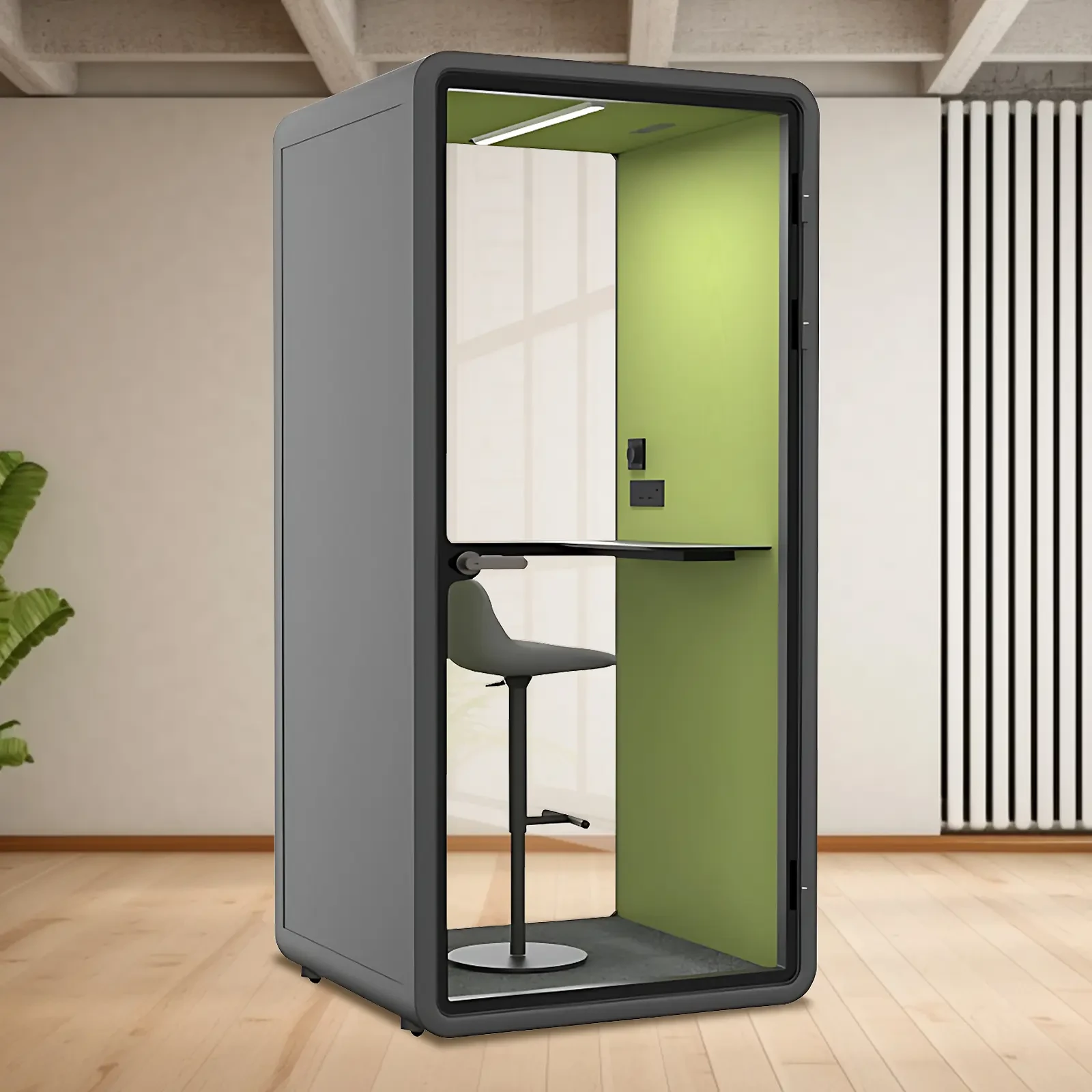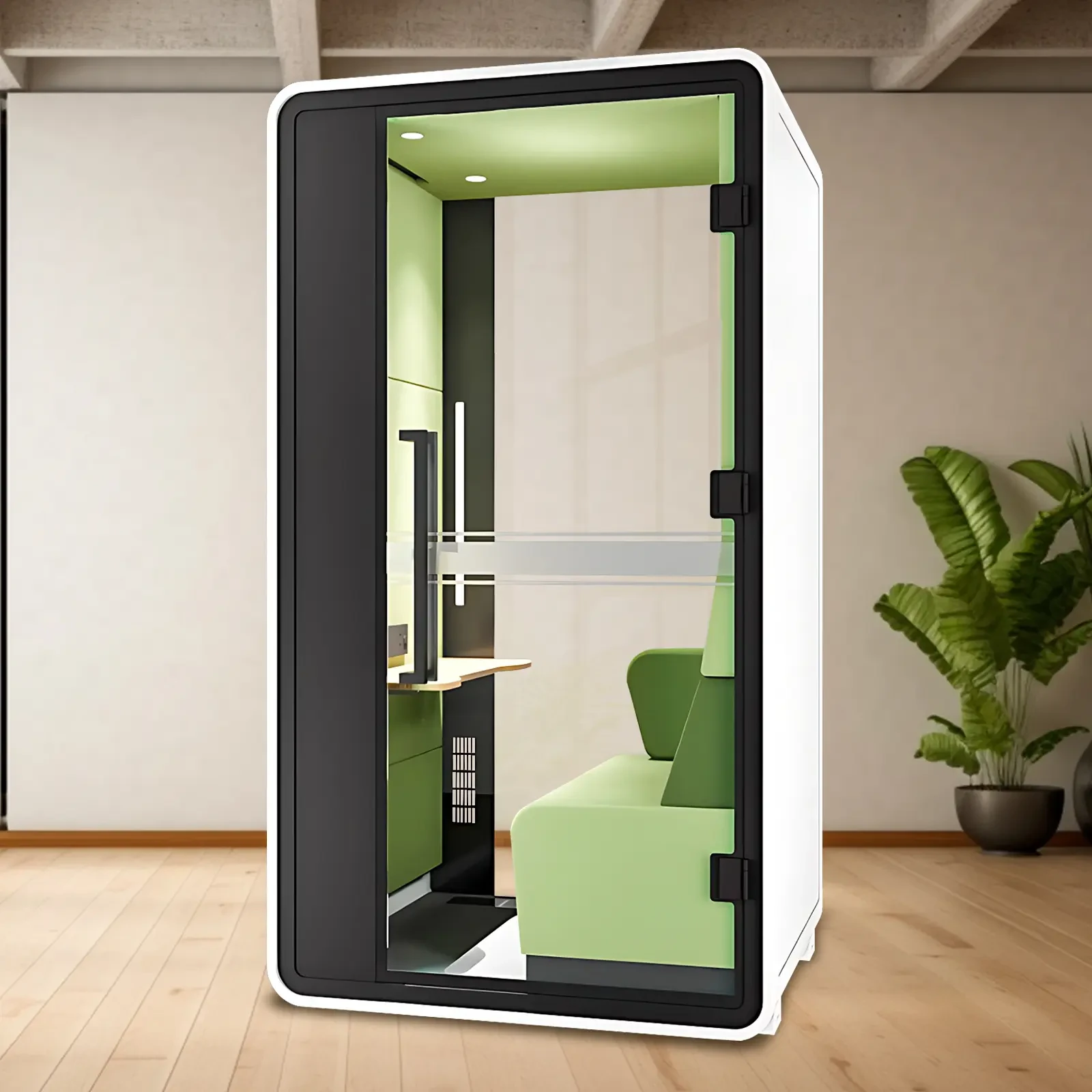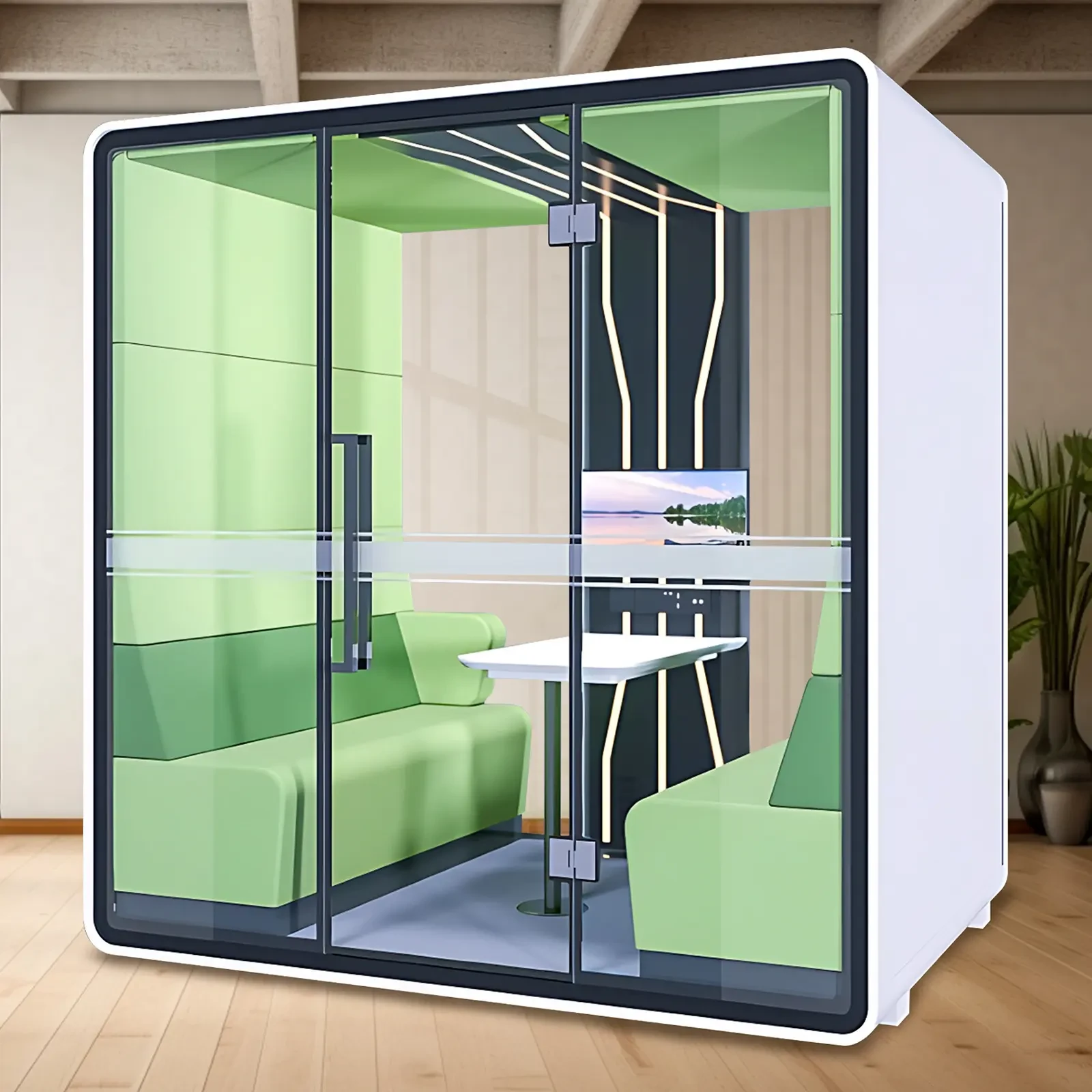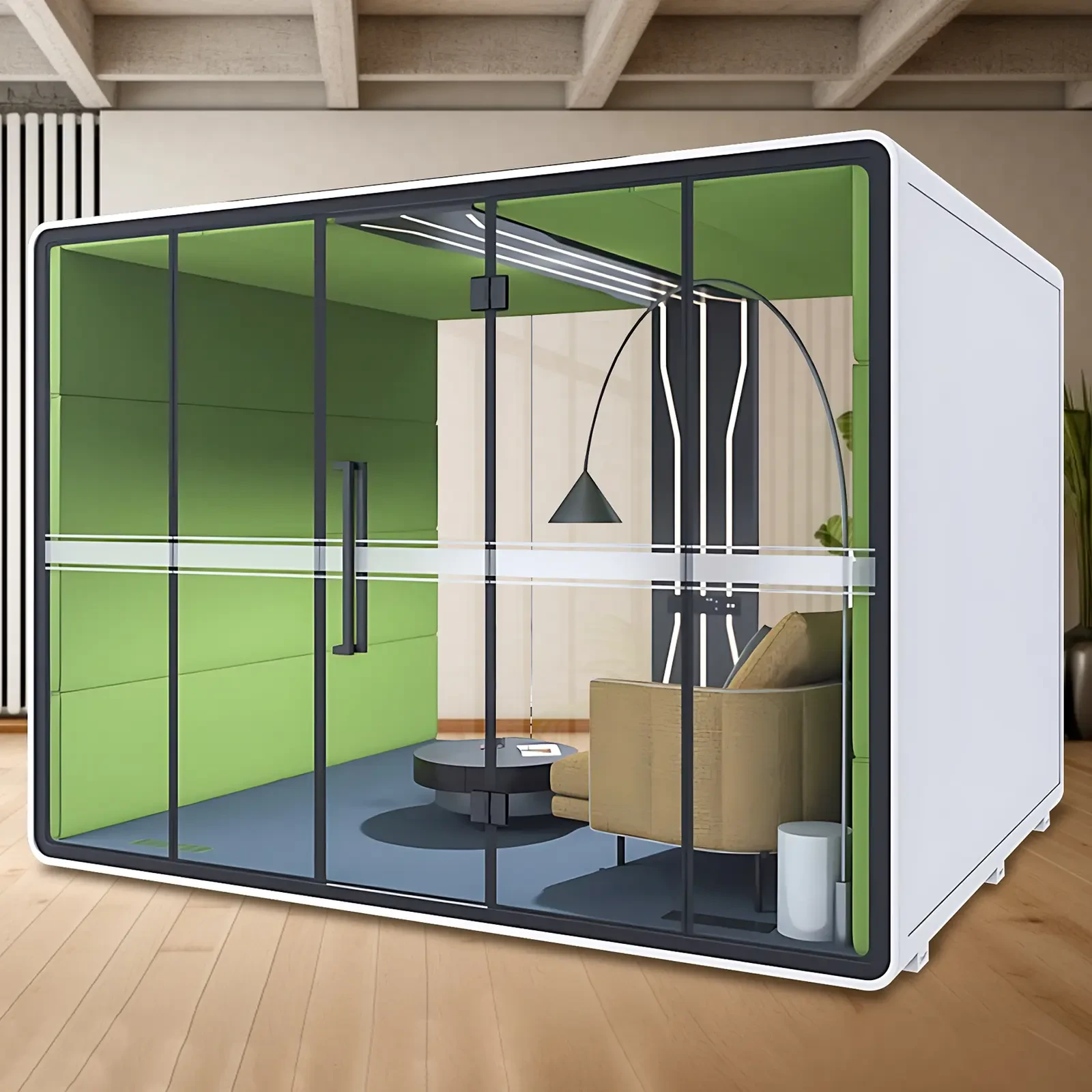March 21st is World Sleep Day. In recent years, many young people struggling with insomnia have been using "white noise" before bed to help them fall asleep. "Silent sleep pods," touted as completely silent, and alpha brainwave music, said to relax the brain and induce sleep, have also gained popularity. Are these sleep-aiding "magic gadgets" just a waste of money? Does sleep paralysis require treatment? How can insomnia be treated?
On the morning of March 21st, the Tianhe branch of the Third Affiliated Hospital of Sun Yat-sen University held a multidisciplinary free clinic for World Sleep Day, where experts offered advice and answers to questions.
Absolute silence doesn't help those with depression and anxiety fall asleep quickly.
White noise used to help with sleep includes natural sounds like wind, rain, and tides. Some people even enjoy the sounds of running washing machines and dryers. Zhang Ming, associate chief physician in the Department of Psychiatry and Psychology at the Third Affiliated Hospital of Sun Yat-sen University, pointed out that relevant research has confirmed that monotonous, repetitive "white noise" can encourage relaxation and help people fall asleep more comfortably, helping to alleviate insomnia and improve sleep quality for some people. "Silent sleep pods" that block out noise interference can also help those who are more sensitive to ambient sound relax and get a good night's sleep.
However, there are many issues that can cause sleep disorders. Ambient noise that prevents restful sleep is just one "island reef" in the sea of sleep disorders; many more "reefs" remain undiscovered.
For example, mental illnesses such as depression and anxiety can cause insomnia. For those with anxiety, especially, distracting sounds or objects before bedtime may help alleviate anxiety and make it easier to fall asleep. "When patients with anxiety disorders enter a silent sleep pod, the silence can actually cause them to focus on themselves. The more they dwell on themselves, the more uncomfortable they become, making it harder to fall asleep," Zhang Ming said. Whether it's white noise or a silent sleep chamber, don't expect them to completely cure insomnia. Instead, let nature take its course.
Can alpha brainwaves induce sleep? There's no definitive evidence!
Alpha brainwaves are one of the four basic brainwaves, oscillating at an average rate of 10 times per second. Alpha waves occur at the beginning of sleep or just after waking (i.e., half asleep, half awake), when the body is relaxed and aware. Some online sleep aids suggest listening to alpha brainwave music before bedtime to induce the insomniac's brain into an alpha state, allowing them to fall asleep in a relaxed state.
"In reality, this method has not been clinically validated, and there's no definitive clinical evidence. Listening to music or using an instrument to induce alpha brainwaves isn't easy," said Zhang Ming. Everyone's mental and psychological characteristics are different, so when it comes to sleep problems, we should adhere to the principle of "one key opens one lock," conducting personalized analysis and diagnosis, and implementing comprehensive interventions tailored to the symptoms.
Is sleep paralysis a psychological problem or a sleep disorder? Some young people experience sleep paralysis, a feeling of being unable to move their limbs or scream, while half-awake, and even seeing voices and shadows. Some experience sleep paralysis frequently, while others only experience it sporadically. Zhang Ming points out that sleep paralysis isn't a paranormal phenomenon, but rather a manifestation of sleep paralysis, which is more common among adolescents and young adults.
It can be caused by a variety of factors, and is more likely to occur during periods of physical fatigue, emotional stress, or irregular sleep patterns. The underlying cause is related to a person's sleep cycle.
Human sleep is divided into rapid eye movement (REM) and non-rapid eye movement (NREM) sleep. Sleep paralysis generally occurs during REM sleep. "During REM sleep, a sleeping person's eyeballs will twitch. If you pry open their hands, you'll see their arm muscles are very relaxed. If you move their arms, as long as they're not in an uncomfortable position, they'll basically let you do what you want." Zhang Ming pointed out that people experiencing sleep paralysis are in REM sleep, just as consciousness has just awakened, but their muscles are still relatively relaxed. The brain is temporarily unable to control their limbs, making them unable to move even when they want to. They may believe they're being held down by a so-called "ghost." Some people may see fleeting, shadowy figures, but this is actually a result of their mentally stored memories being interpreted as actual events, or the brain re-editing old material.
Zhang Ming advises that if you occasionally experience sleep paralysis, there's no need to worry, let alone become paranoid. Simply adjust your sleep schedule, get enough rest, avoid excessive emotional stress, and be mindful of your diet, avoiding foods that can easily trigger the brain, such as chocolate, cola, coffee, and strong tea. However, if you encounter this situation frequently, you should be aware that it may be related to genetic factors. You should pay attention to whether there are mental illnesses such as depression and anxiety, or organic diseases such as brain diseases. It is recommended to seek help from a specialist. Cognitive behavioral therapy (CBTI) to reshape healthy sleep Psychotherapy plays an important role in the treatment of sleep disorders. Experts from the Department of Psychiatry and Psychology of Zhongshan Third Hospital pointed out that cognitive behavioral therapy (CBT) is the preferred treatment for insomnia by correcting improper behaviors and incorrect cognitions that lead to insomnia and reshaping cognitive patterns that help sleep. Specific methods include:
(1) Sleep hygiene. Find out the bad living and sleeping habits of insomnia patients, such as taking too long naps, habitually staying up late, and browsing mobile phones before going to bed; cultivate healthy sleep hygiene, such as regular exercise every morning or afternoon, limit alcohol consumption, especially after dinner, and avoid drinking tea in the afternoon or evening; create a comfortable sleeping environment, such as improving the sound, light, temperature, humidity, and air circulation of the sleeping environment.
(2) Cognitive adjustment: reduce fear and anxiety about insomnia and correct misunderstandings about sleep cognition. "If you don't get enough sleep at night, you're not getting enough sleep and need to make up for it."
"If you don't get enough sleep at night, you'll be mentally exhausted the next day."
"Insomnia can have a serious impact on your health."
"When I have trouble falling asleep, I should just lie in bed and try to fall asleep."
"The more time you spend in bed, the more time you sleep, and the better your sleep quality."
"Sleeping pills are hard to quit and are harmful to your body."
All of these views are wrong!
(3) Sleep restriction: Insomniacs often try to increase their chances of sleeping by staying in bed longer, or to relieve daytime fatigue by staying in bed, but this often leads to a further decline in sleep quality. Sleep restriction therapy shortens the time you spend awake in bed, increases the motivation to fall asleep, and improves sleep efficiency.
(4) Stimulus control: Don't go to bed before you feel sleepy; go to bed only when you feel sleepy or drowsy; don't read, watch TV, or eat in bed; set your alarm clock and get up on time every day, no matter how much sleep you get each night. (5) Relaxation therapy: The principle of relaxation therapy is to reduce tension, suppress excitement, lower alertness, and induce sleep through physical and mental relaxation. There are many relaxation methods, such as yoga, meditation, and deep breathing.

 USD
USD
 GBP
GBP
 EUR
EUR






